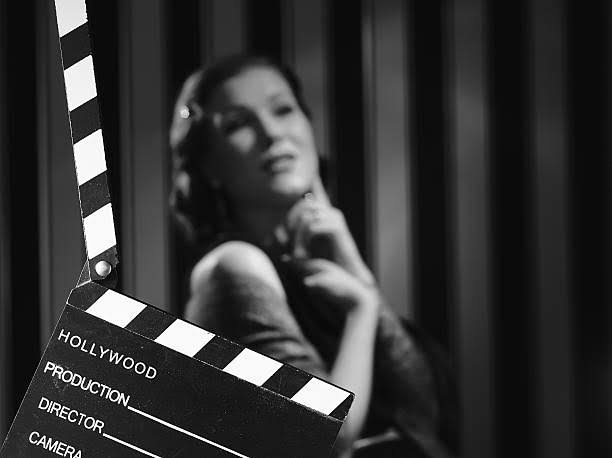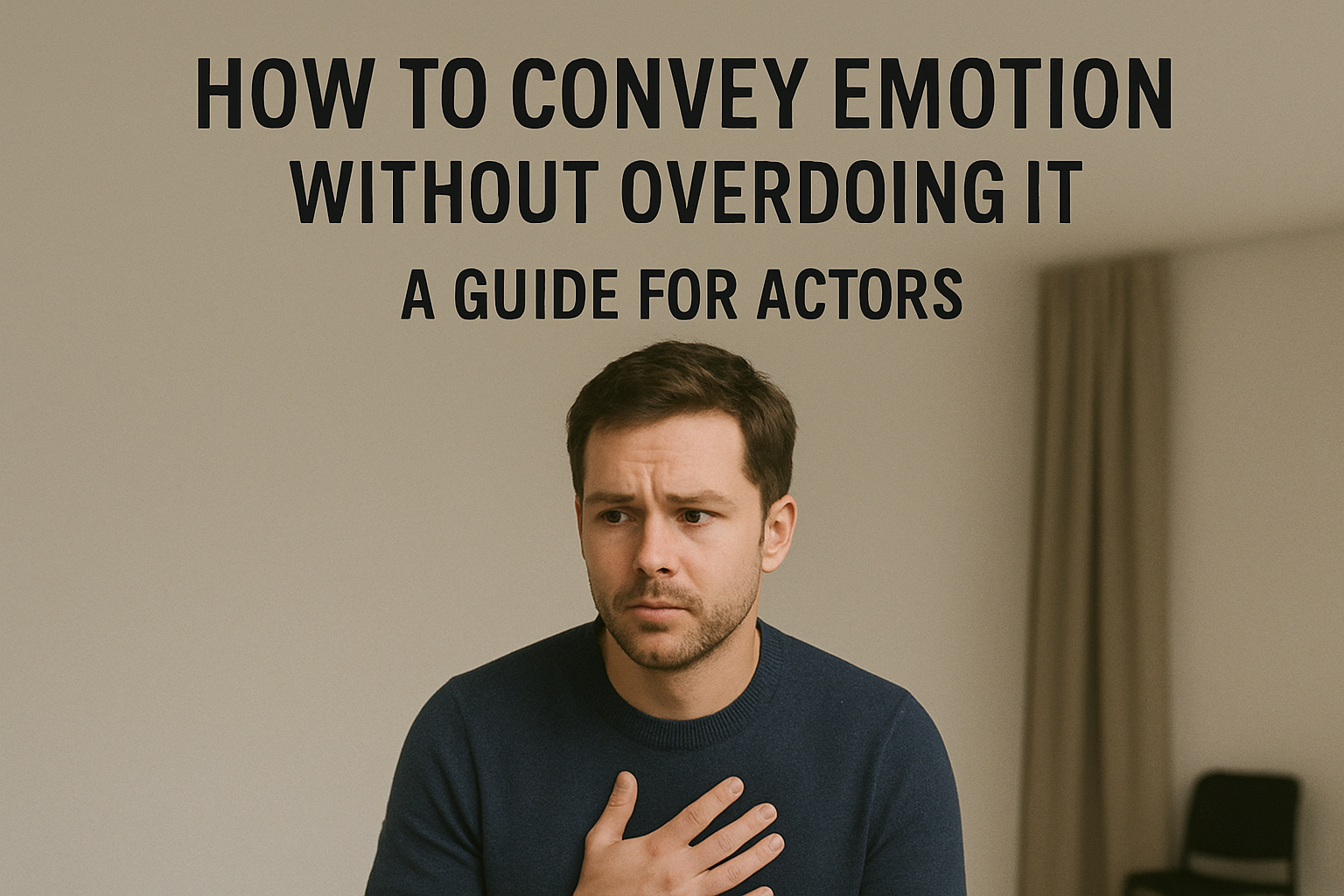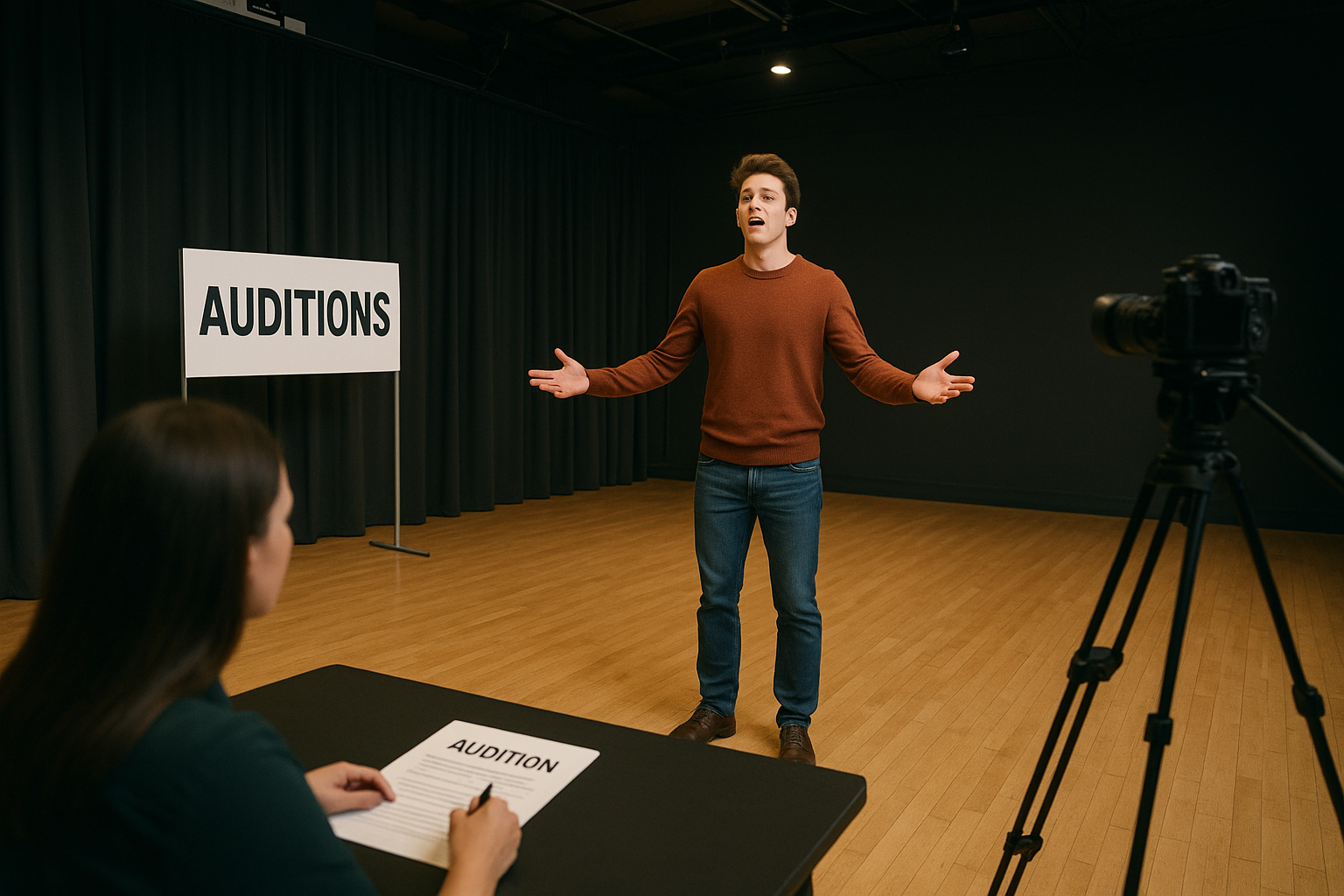
For aspiring and even seasoned performers, the question often arises: are acting classes really worth it? The short answer is yes—if you're serious about growing as an actor.
Acting classes offer more than just technique. They provide a structured environment to practice, experiment, and receive professional feedback. From mastering scene work to understanding script analysis and character development, classes build the foundation that many successful actors rely on.
Another major benefit is confidence. Regular practice in front of others helps reduce performance anxiety and improves your stage presence. You'll also develop essential skills like improvisation, vocal control, and emotional range—all critical for auditions and on-set performance.
Beyond skill-building, acting classes are great networking opportunities. Many actors find agents, collaborators, and even jobs through their classmates and teachers. You also stay connected to the industry and its evolving expectations.
That said, not all classes are equal. Research the instructor’s credentials and seek out classes that fit your goals—whether it's stage, screen, or commercial work.
In a competitive field, training gives you an edge. While raw talent is valuable, refined skill and professional discipline often make the difference. So yes, acting classes are worth it—for both your craft and your career.
Image Credit: iStock
Among the tough battles actors face is how to find the most appropriate balance between emotion display and overacting, either on stage, on camera, or when going for auditions. Many performers fear that without adequate emotions, the moment will fall flat. On the other hand, if emotions are overt, the performance may become exaggerated or not true to life.
The entertainment sector is witnessing a huge shift, and the epicenter of this revolution is digital media. Those days are long gone when acting careers were reserved for silver-screen movies or television. Now, web series and digital media such as Netflix, Amazon Prime, Hotstar, YouTube, and MX Player have opened up the floodgates of opportunities for thespians. But what does it actually mean to be an actor in the digital age? Is it all that different from acting in the past? And why do web series prove so engaging as a platform for new and established performers?
Acting may be an art, but in the world of professional performance, it begins long before the cameras roll or the stage lights shine. It begins with the audition — the often nerve-wracking, unpredictable process that determines whether an actor even gets the chance to perform. For aspiring actors, understanding the relationship between auditioning and acting is not just important — it's essential. One feeds into the other, and together, they shape an actor’s growth, resilience, and ultimate success.
Getting into acting is hard — but succeeding as a freelance actor might be harder. Without the support of a large agency, production company, or manager, you're basically a sole proprietorship. You're the product, the marketer, the promoter, and the brand. So how do you become visible? How do you promote yourself as a freelance actor among so many talented individuals? Whether you're new to the game or wanting to level up, this guide will take you through essential strategies to create visibility, bring in opportunities, and establish yourself as a player in the cutthroat industry of freelance acting.
Lights Camera Audition!
Don't miss out on the latest updates, audition calls, and exclusive tips to elevate your talent. Subscribe to our newsletter and stay inspired on your journey to success!







